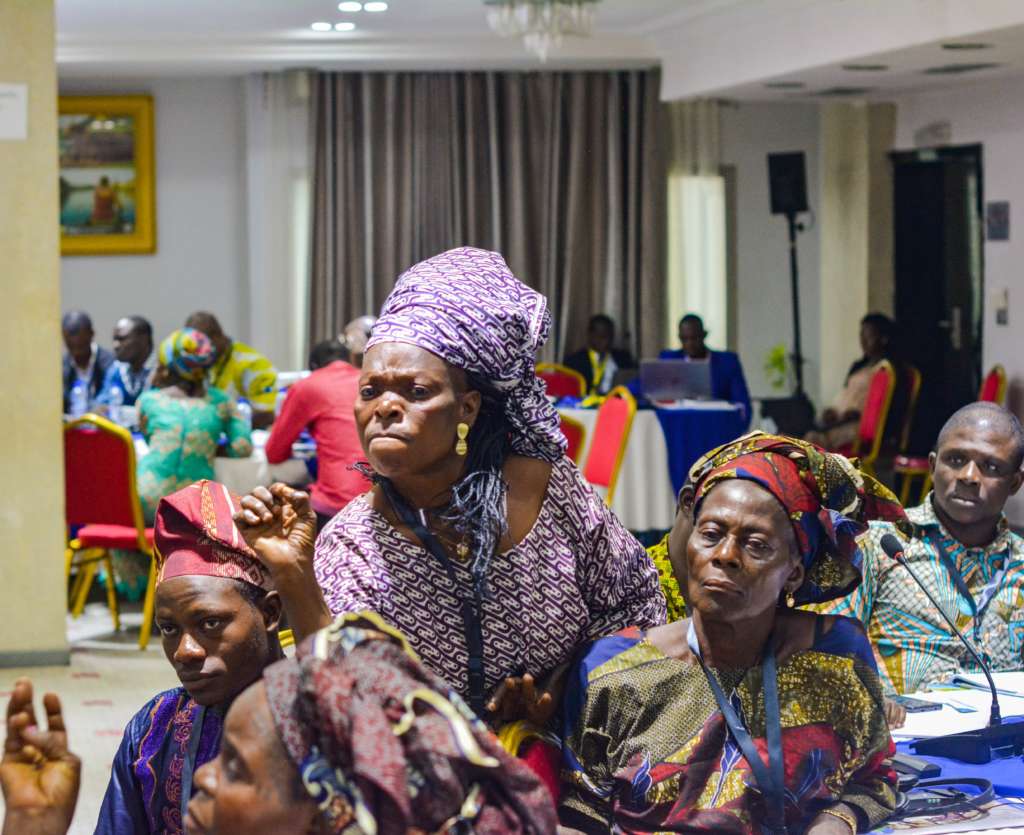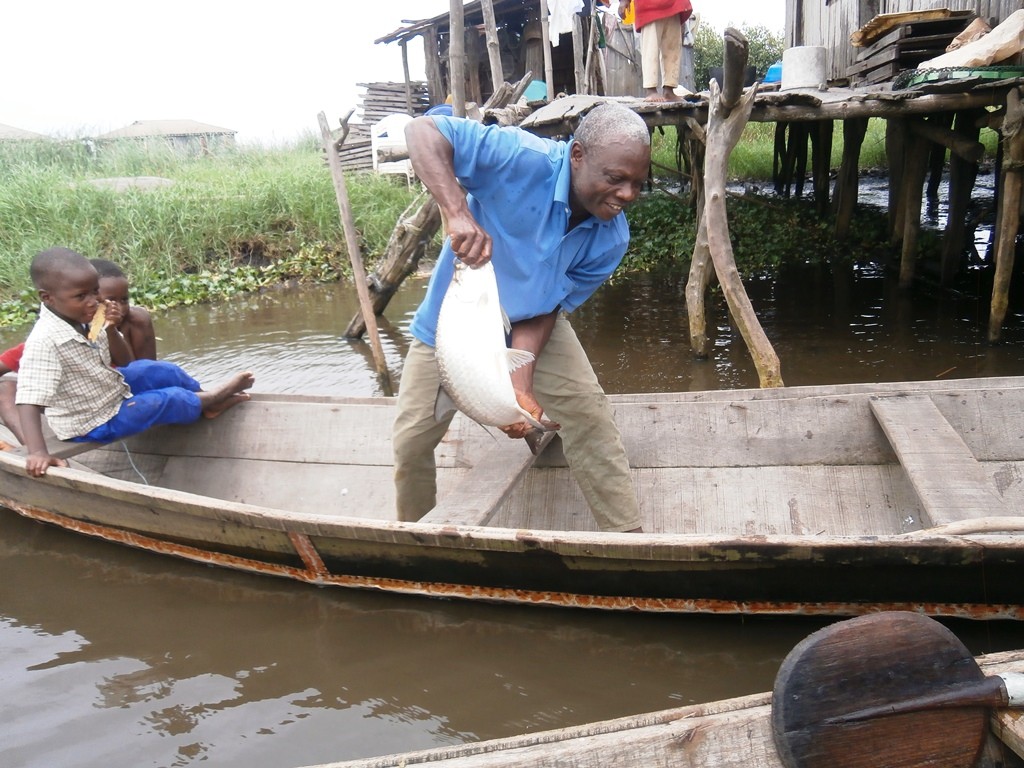ACED publications have also contributed to the climate change research knowledge pool. For example, in 2014, with funding from the International Development Research Centre, studies were carried out on the vulnerability of Beninese communities to climate variability and change. The studies were conducted in partnership with the University of Quebec in Montreal, the University of Moncton in Canada – which integrated the research findings into its academic courses – and the Ministry of Environment in Senegal; the purpose of these collaborations was to generate lessons and findings that could be applied in Benin.
The research found high levels of vulnerability among Benin’s agricultural communities that depend on the livestock sector and coastal resources – but also revealed local adaptation techniques, such as the integration of livestock and crops, and the adoption of fish farming as opposed to capture fisheries, respectively.
The studies and their results were presented in Niamey, Niger, at the Fourth Agricultural Science Week of West and Central Africa; in Montreal, Canada, at the 82nd Congress of ACFAS (Association francophone pour le savoir); and in Accra, Ghana, at the Annual Global Development Conference of the Global Development Network. To better disseminate the research regarding Benin’s coastal communities to policymakers and researchers, ACED also held a regional workshop in 2015 in Cotonou, Benin under the theme ‘Climate Change Adaptation in Coastal Areas: Regional Lessons for Local Actions’.
Challenges and lessons
ACED has faced challenges of different types and magnitudes that have impacted on the ability of the organization to create lasting change in the food security and nutrition sector. Navigating these challenges has yielded the following lessons:
Influencing policy systems takes time
Recent research by ACED and its partners highlighted high levels of exploitation and pollution of Benin’s inland lakes. Recommendations have been provided on how aquatic systems could be better managed to preserve these vital water bodies and maintain the livelihoods of thousands of people who depend on them. Since 2015, policy dialogues and multi-stakeholder discussions on this issue have been organized, but it was only at the end of 2019 that governmental agencies started taking action towards improving lake management. But, whilst policy actions around lake management are finally in progress, decisions are yet to be agreed on how to curb the problem of urban pollution that negatively affects the water bodies.
Market-driven approaches improve adoption and scaling out of innovations
Initial interventions by ACED to mobilize local communities to proactively remove water hyacinth from Lake Nokoué were ineffective and unsustainable due to a lack of clear incentives for farmers. As a solution, ACED proposed a market-based approach with training for farmers in water hyacinth compost production to cultivate vegetables for sale at local markets.
Since 2013, local communities and farmers have actively collected and processed water hyacinth – mainly as a result of the quantifiable financial benefit from selling their vegetables. Market-driven approaches with a clear business model are thus more likely to produce sustainable solutions and can be instrumental in developing effective scaling out strategies. For the next step, ACED will actively collaborate with for-profit organizations to ensure their initiatives embed inclusive business models that can help improve uptake and sustainability.
Inclusive partnerships are key in developing lasting solutions
All of ACED’s initiatives over the last 10 years have involved collaboration with a variety of stakeholders, including researchers, policymakers, practitioners and farmers, to bring in different perspectives for intervention development. Whilst this approach can lead to some challenges – as different stakeholders often have diverse and conflicting interests – it can also enable the development of context-appropriate and long-lasting solutions.
Flexibility in development actions is important
The transdisciplinary and inclusive approach of ACED’s interventions encourages input and feedback from partners and beneficiaries. To respond to these contributions and mainstream them within initiative implementation requires flexibility by the team. This is a challenge for organizations like ACED, which generally work under rather rigid, funder-approved frameworks. To address this challenge, ACED initiatives are designed to be adaptive by engaging funders in open and constructive discussions in order to successfully achieve intended outcomes.
This blog post emerged from the 10-year impact report of ACED. You can download the full report for more information.



